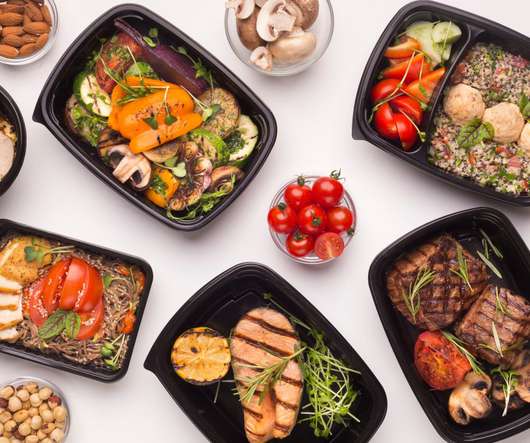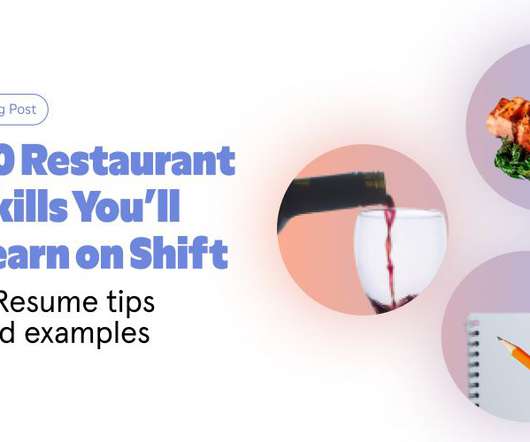The Rise of Food Allergies – and How to Keep Your Guests Safe and Happy
Hot Schedules
JANUARY 29, 2020
require emergency medical attention from contact with a food allergen. Accurate allergen information is critical to guarantee your guests’ safety. Servers who may be well-versed in one iteration of a dish may find themselves in a tight spot if a change has been made but nutritional or allergen data hasn’t been updated.

















Let's personalize your content